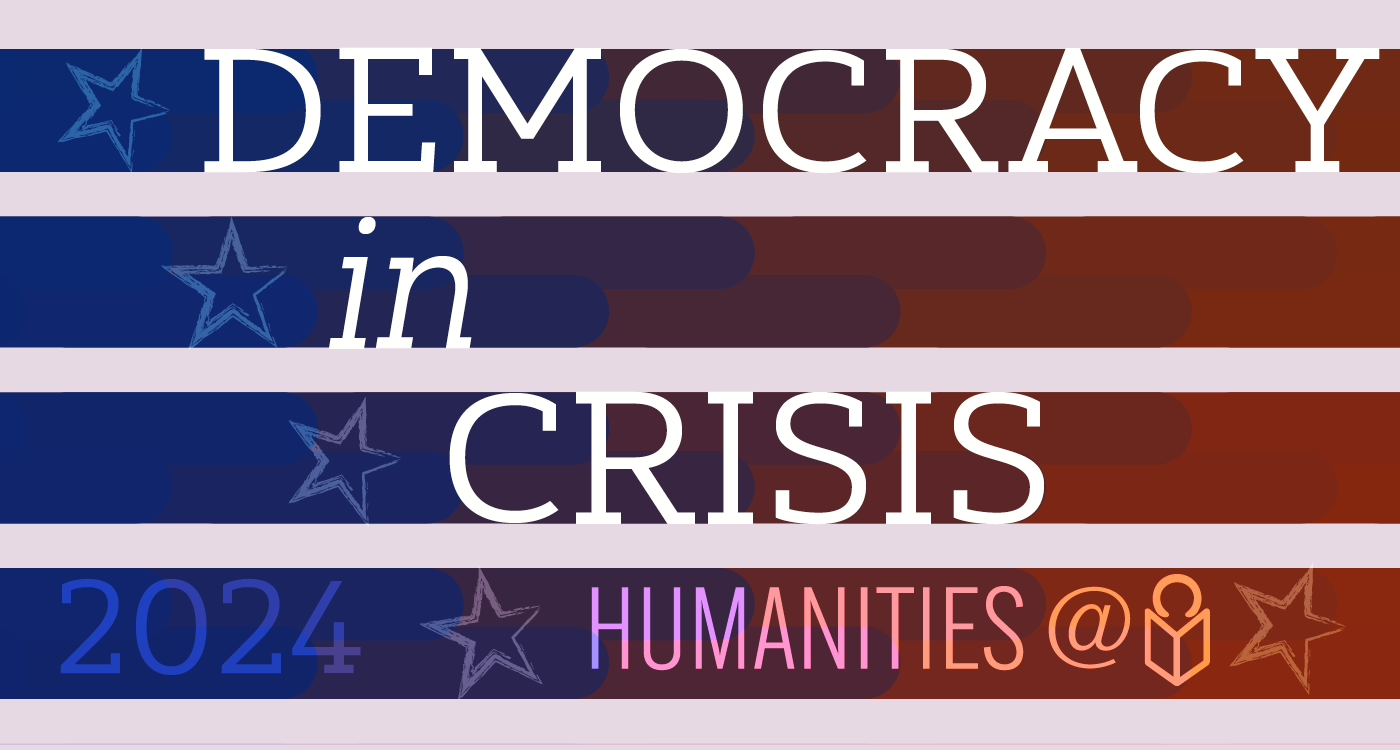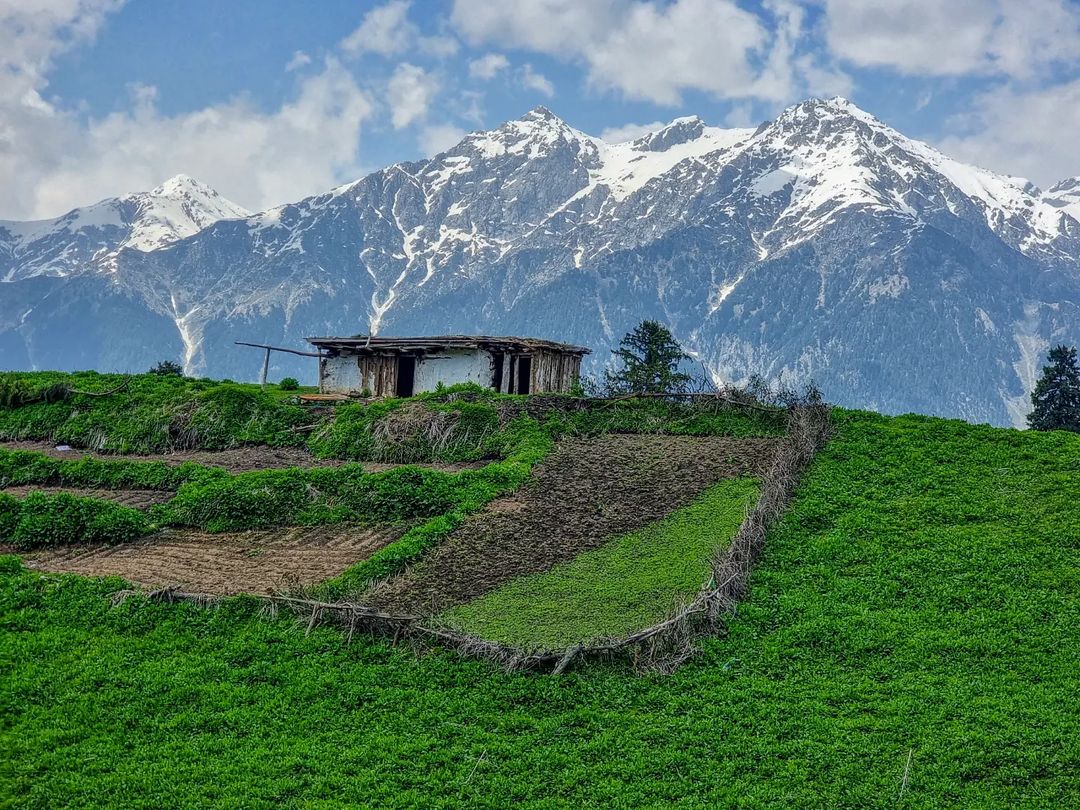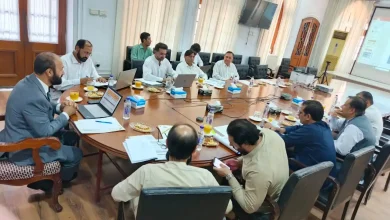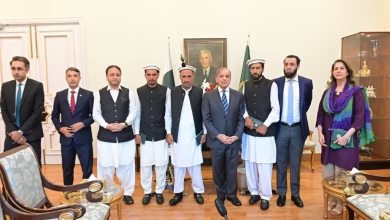Lahore: On concluding its 39th annual general meeting, the general body of the Human Rights Commission of Pakistan (HRCP) draws urgent attention to escalating threats to constitutional democracy, civic freedoms, and the safety of vulnerable communities across the country.
HRCP is deeply concerned over the passage of the 27th Constitutional Amendment, which undermines judicial independence by expanding executive control over matters that should remain free from executive interference. The amendment further weakens essential checks and balances at a time when public trust in state institutions is fragile. Lifetime immunity for holders of public office has concentrated unchecked power in the hands of a few, eroding parliamentary supremacy. HRCP also stresses that empowered, elected local governments are critical for deepening democracy and strengthening citizens’ participation in governance.
Efforts to curb militancy in Khyber Pakhtunkhwa and Balochistan must protect fundamental freedoms and the right to dissent. Blanket internet shutdowns in Balochistan and other parts of the country have disrupted education, livelihoods, and democratic participation and must end immediately. HRCP urges the federal and provincial governments to implement rights-respecting security measures, conduct impartial investigations into abuses by state actors, and engage meaningfully with local communities. This includes ending enforced disappearances and the use of interment centres without due process. The use of Schedule 4 to muzzle dissent must cease.
HRCP notes with alarm the ongoing harassment, detention, and forced repatriation of Afghan refugees, many facing credible threats of persecution, family separation, and severe humanitarian distress. The government must suspend deportations, ensure due process, and uphold international protection standards. Pakistan should ratify the 1951 UN Refugee Convention and 1967 Protocol and protect the right to citizenship by birth and naturalization.
Custodial torture and extrajudicial killings, particularly involving CCD and CTD personnel, demand urgent independent inquiries and accountability. Such violations perpetuate impunity and threaten citizens’ right to life and dignity.
Religious minorities, especially Ahmadis, continue to face mob violence, attacks on worship sites, and desecration of graves. The state must ensure protection, prosecute incitement, and implement the delayed commission to investigate blasphemy law misuse as well as legislate against forced conversions.
Child marriage remains pervasive, endangering girls’ health, education, and futures. HRCP calls for legislative reforms to define a minor consistently across laws and declare all marriages under 18 illegal. Sexual harassment in educational, public and private institutions also persists; robust reporting, transparent accountability, and preventive training are essential to safeguard learning environments and workplaces.
HRCP urges the government to protect climate-displaced persons, especially in Gilgit-Baltistan, with safe shelter, essential services and sustainable resettlement solutions. The authorities must also ensure long-term support for rebuilding homes and livelihoods for those affected by the recent floods, particularly in South Punjab. Incarcerated fisherfolk, both Indian and Pakistani, must be repatriated to their respective countries and receive humane treatment, legal representation and protection from arbitrary detention to preserve their rights and livelihoods.
Also read: HRCP report highlights alarming human rights decline across Pakistan







